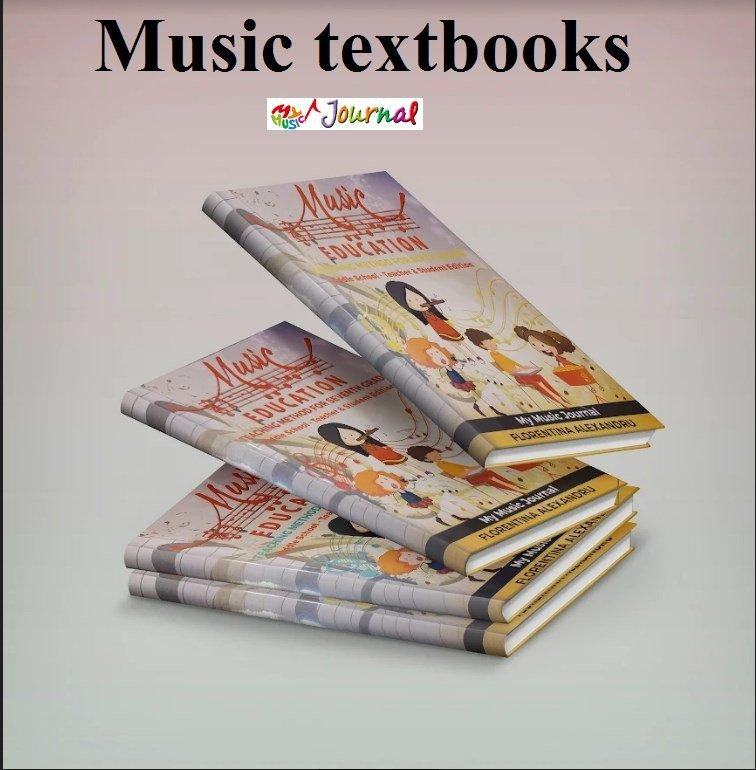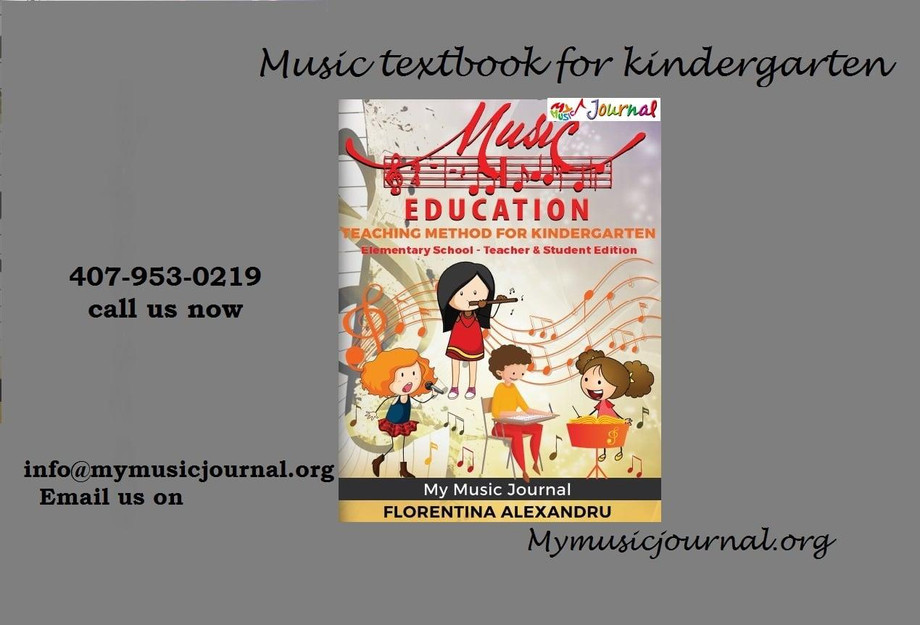What Makes the Third Grade Music Curriculum Unique for Young Musicians?
Because it builds on core abilities and teaches more complicated musical concepts, the third grade music curriculum is special for aspiring musicians. Pupils investigate various rhythms, gain increased fluency with reading music notation, and broaden their understanding of musical scales and patterns. Children who learn to play simple tunes on instruments like recorders or keyboards tend to progress in their instrumental practice. Teamwork and collaboration are fostered by group activities like harmony singing and ensemble performances. Students are now able to express themselves musically in novel and fascinating ways thanks to composition and improvisation, which also foster creativity.
Overview of the Development of Music Curriculum
From first grade to eighth grade, a strong foundation in music is ensured for pupils through the many stages of musical development guided by a well-structured curriculum. In order to foster musical development and comprehension, new ideas are introduced at each grade level, building on prior knowledge and abilities.

First and second grade music curricula
Basic musical aspects like rhythm, melody, and simple instrument playing are the main focus of the Music curriculum for first grade. Pupils experiment with singing, clapping rhythms, and simple notation. On the other hand, by adding rhythms that are a little more complicated and melodies, the Music curriculum for second grade starts to build upon these basic abilities. Youngsters also begin studying musical sequences and patterns, which gets them ready for more complex coursework in later grades.
Curriculum for Music in Grades 3 and 4: Developing Abilities
Due to its introduction of more sophisticated music theory, which includes reading standard notation and playing basic instruments like the recorder, the third grade music curriculum is distinctive. Along with studying basic composing techniques, students also start experimenting with various musical genres. Young artists are introduced to playing in small ensembles and are given the opportunity to strengthen their rhythmic abilities through the Music curriculum for third grade.
Students continue to improve their reading comprehension and instrument performance in the fourth grade music curriculum. Pupils are frequently exposed to group performances and harmonies, which puts an increased emphasis on teamwork. Lessons on world music may be incorporated into the Music curriculum for fourth grade, giving pupils the opportunity to learn about many cultures via their musical traditions.
Curriculum for Music in Grades Five and Six: Developing Independence
In addition to continuing their study of previously learned instruments or introducing more advanced ones, fifth grade music curriculum students also improve their abilities to read and write music. Students are able to comprehend the cultural context of music because of the emphasis on music history and enjoyment. Students may also get the chance to take part in larger ensemble concerts as part of the Music curriculum for fifth grade.
Students begin to get a more autonomous thoughtful of music in the Sixth grade music curriculum. In addition to developing their performing talents, they focus on specific tasks like writing small compositions. The Music curriculum for sixth grade frequently invites pupils to experiment with numerous musical genres and explore their own tastes.

The Music Curriculum for Grades Seven and Eight: Getting Ready for Higher Education
More advanced ideas, like musical analysis and a closer look at harmony and scales, are covered in the seventh grade music curriculum. In addition to being pushed to develop critical thinking skills regarding music, students may start writing increasingly intricate compositions. This tendency is carried out in the eighth grade music curriculum, which incorporates music theory, history, and performance at a higher level to prepare students for further coursework. In order to promote independence and teamwork, students are urged to assume more leadership roles in group performances.
The music curriculum for every grade level, from first to eighth, is structured to build on the one before it, guaranteeing a continual advancement in theoretical and practical musical skills. With the support of this methodical approach, aspiring musicians can develop into well-rounded people who have a strong love of music.
Comments
Post a Comment